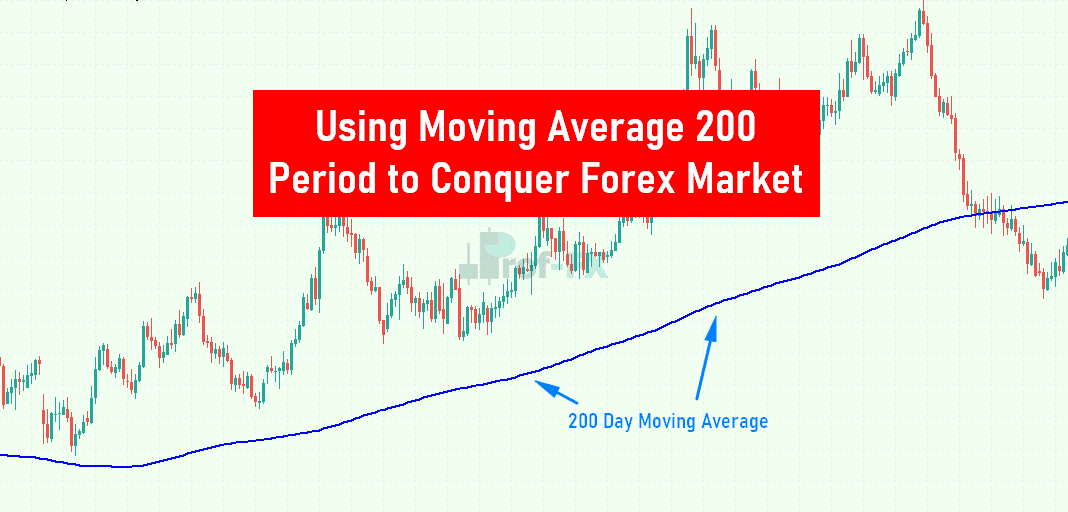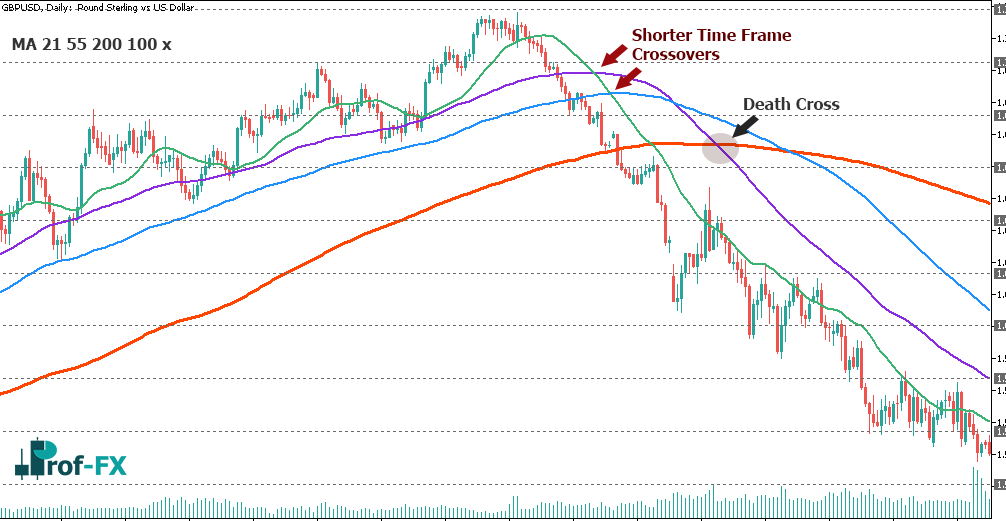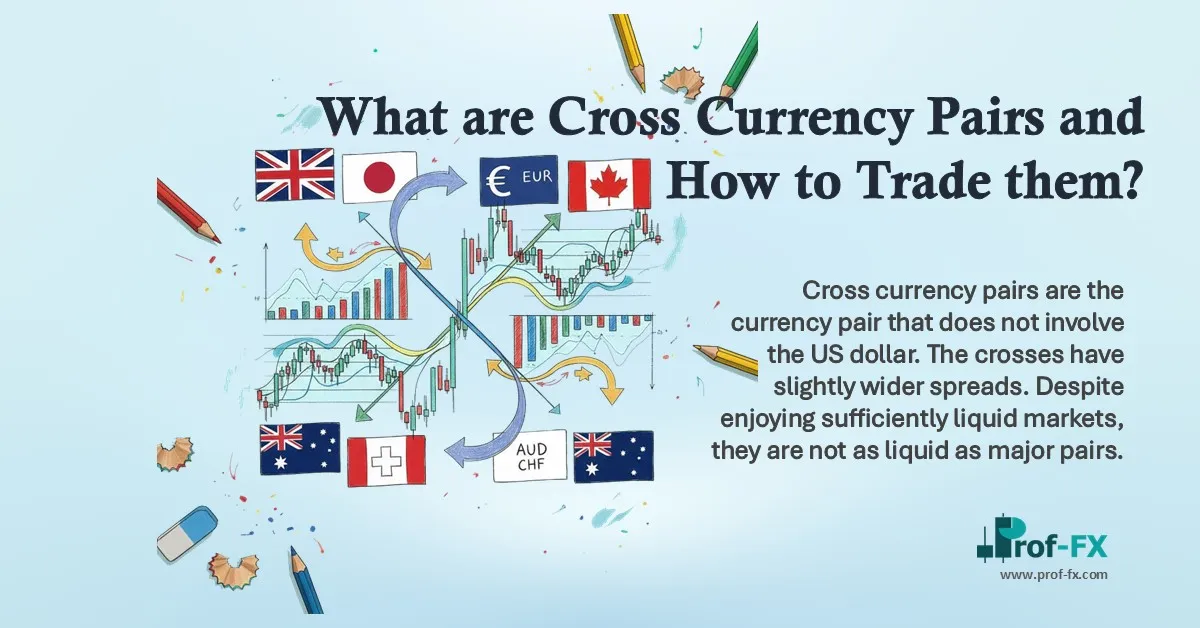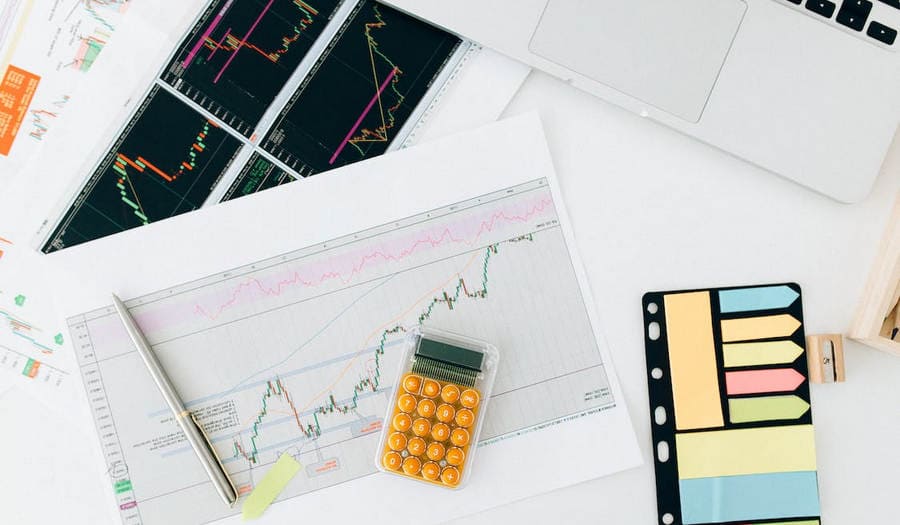The New Zealand dollar (NZD) is considered to be a major currency in the Forex market. It is also one of the “commodity” currencies because of the economy’s dependence on commodity exports.
New Zealand is the world’s sixty-second largest economy.
Does Your Economy Run a Trade Surplus or a Trade Deficit?
New Zealand runs a trade deficit of $4.5 billion, giving the country a ranking of 168 out of the 190 countries tracked by the CIA in The World Factbook.
What Does Your Economy Export?
New Zealand exports dairy products, meat, wood and wood products, fish, and machinery.
According to the World Trade Organization (WTO), New Zealand exports $24.9 billion in goods and merchandise compared to only $7.5 billion in commercial services. The WTO breaks down those exports as follows:
Goods and Merchandise
- Agricultural products: 61.8 percent
- Fuels and mining products: 8.0 percent
- Manufactures: 25.3 percent
Commercial Services
- Transportation: 19.7 percent
- Travel: 58.9 percent
- Other commercial services: 21.4 percent
To Whom Does Your Economy Export?
The WTO ranks the following countries as the top destinations for exports from New Zealand:
- Australia: 23.0 percent
- European Union: 13.0 percent
- United States: 10.0 percent
- China: 9.1 percent
- Japan: 7.1 percent
What Does Your Economy Import?
New Zealand imports machinery and equipment, vehicles and aircraft, petroleum, electronics, textiles, and plastics.
According to the WTO, the country imports $25.5 billion in goods and merchandise compared to only $7.7 billion in commercial services. The WTO breaks down those imports as follows:
Goods and Merchandise
- Agricultural products: 11.3 percent
- Fuels and mining products: 16.3 percent
- Manufactures: 71.4 percent
Commercial Services
- Transportation: 28.9 percent
- Travel: 33.2 percent
- Other commercial services: 37.9 percent
From Whom Does Your Economy Import?
The WTO ranks the following countries as the top sources of imports to New Zealand:
- Australia: 18.4 percent
- European Union: 17.3 percent
- China: 15.1 percent
- United States: 10.8 percent
- Japan: 7.4 percent
Do You Have an Attractive Government Debt Market?
New Zealand currently has a Moody’s rating of Aaa. It received this latest rating on October 20, 2002. This most recent rating was an upgrade from the Aa2 rating that the country had held previously. This is a positive sign for the country’s government debt market.
Do You Have an Attractive Equities Market?
New Zealand has an attractive equities market, but it is not very large. It is the fifty-eighth largest equities market in the world, with a total market value of $67.06 billion.
Tell Me About Your Central Bank. What Are Its Mandates?
The Reserve Bank of New Zealand (RBNZ) uses monetary policy to maintain price stability as defined in the Policy Targets Agreement (PTA). The current PTA requires the bank to keep inflation between 1 and 3 percent on average over the medium term. The bank implements monetary policy by setting the Official Cash Rate (OCR), which is reviewed eight times a year.
The RBNZ has foreign currency reserves of $13,835 million and no gold deposits.
Do You Have an Overinvolved Government
The New Zealand government is not known as an aggressive currency manipulator.
What Economic Announcements Are Important to You?
When you are watching the economic announcements coming out of New Zealand, make sure that you keep your eye on the following:
- Reserve Bank of New Zealand Official Cash Rate
- Employment
- Consumer price index (CPI)
- Gross domestic product (GDP)
- Trade balance
- Retail sales
- NZIER (New Zealand Institute of Economic Research) Business Confidence
- NBNZ (National Bank of New Zealand) Business Confidence
Are You a Safe-Haven Currency?
No, the New Zealand dollar is not considered to be a safe-haven currency.
How Can I Trade You?
You can trade the New Zealand dollar using any of the following:
- Spot Forex
- Forex futures
- Exchange-traded funds (ETFs)
- Spot Forex options
- Exchange-traded Forex options










